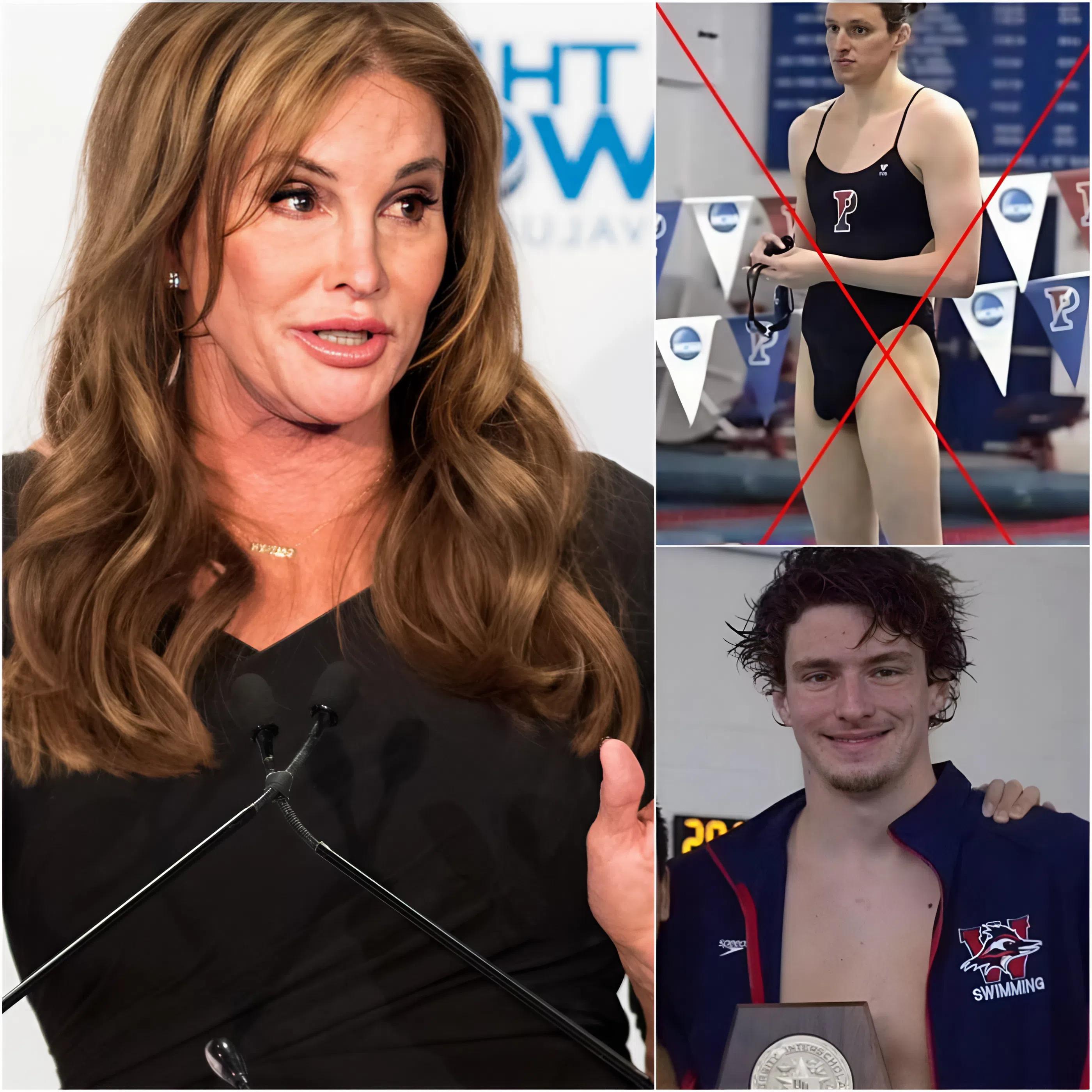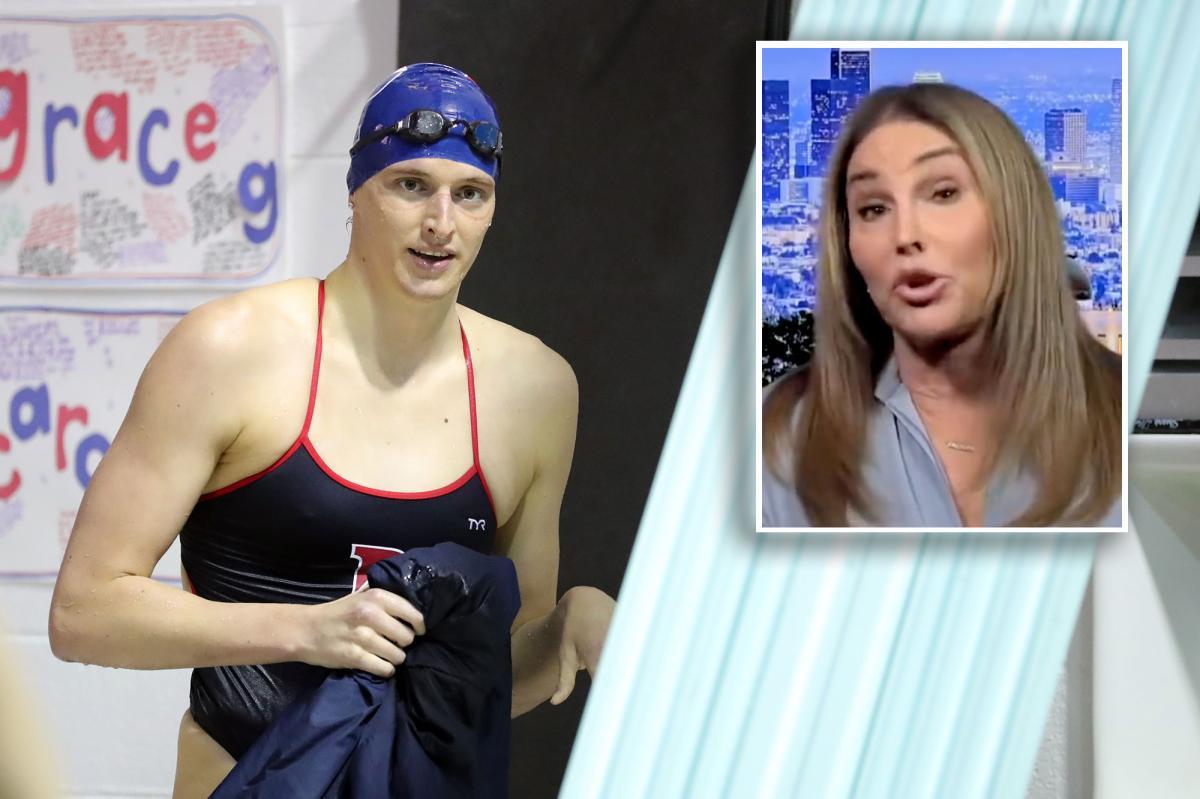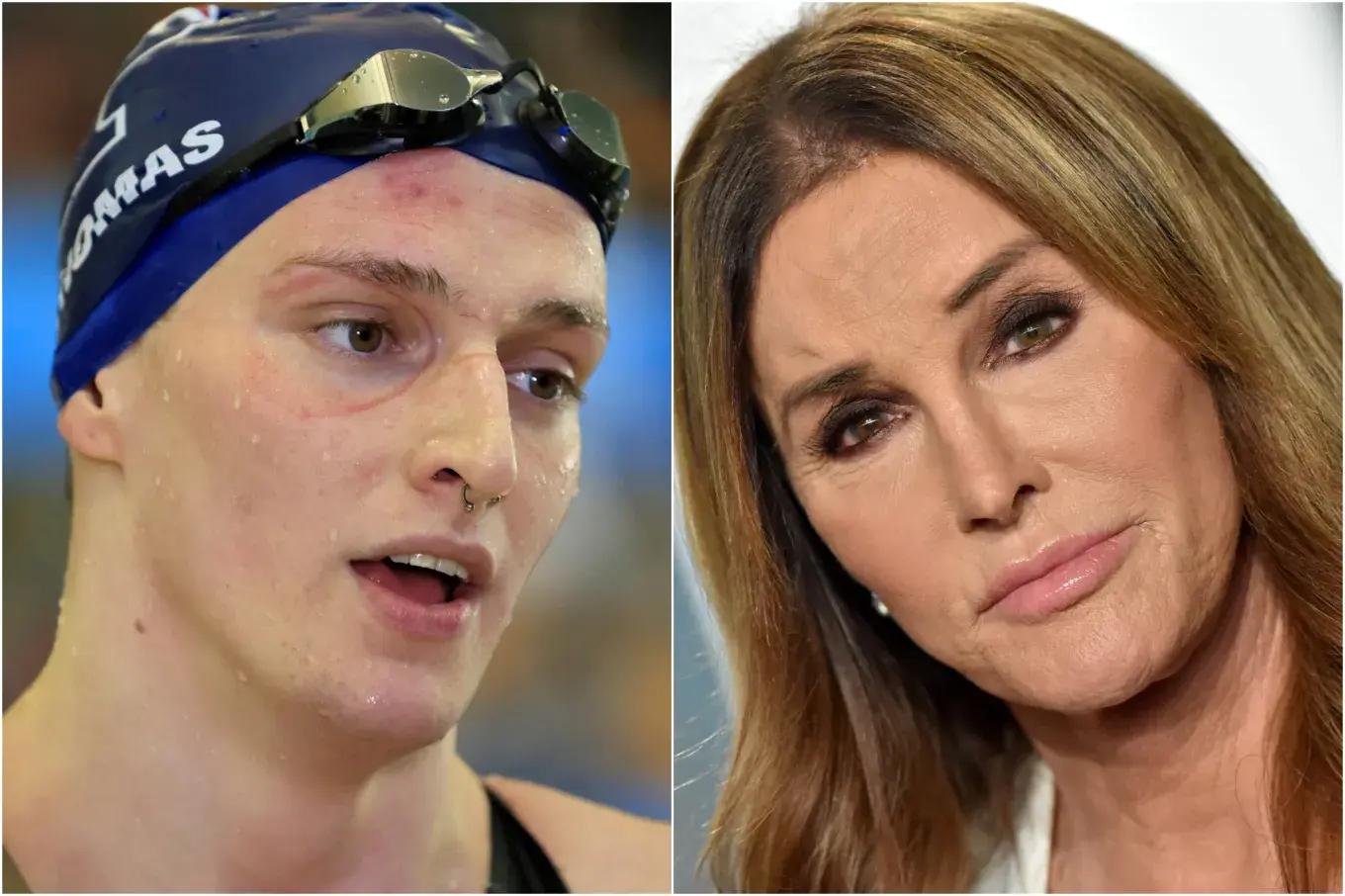Caitlyn Jenner, the Olympic gold medalist turned vocal advocate for women’s sports, has reignited the fierce debate over transgender athletes with a blistering critique of swimmer Lia Thomas. In a recent statement that echoes her long-standing position, Jenner praised efforts to bar Thomas from elite competitions, calling her a “narcissist” seeking undue publicity through legal challenges. This comes amid escalating tensions as Thomas faces ongoing barriers to participation, particularly with the 2028 Los Angeles Olympics on the horizon. Jenner, who transitioned after her athletic career, has repeatedly argued that such inclusions undermine fairness for biological women, a stance that has drawn both applause from conservatives and sharp backlash from LGBTQ+ advocates.

The controversy traces back to Thomas’s groundbreaking yet divisive 2022 NCAA victory in the women’s 500-yard freestyle, where she became the first transgender athlete to claim a Division I title. That triumph, which edged out Olympic silver medalist Emma Weyant by 1.75 seconds, sparked outrage among critics who claimed Thomas retained physical advantages from male puberty despite hormone therapy. Jenner, speaking on platforms like Riley Gaines’s podcast, dismissed Thomas’s subsequent legal bids to overturn bans as publicity stunts. “For the last six, nine months, I really haven’t heard much about her ever since the Olympic Committee came out and basically said, ‘you’re not eligible,’” Jenner remarked, accusing Thomas of narcissism for pushing back. Gaines, a former competitor who tied with Thomas in another event, has become a leading voice against transgender participation, amplifying Jenner’s views in conservative media circles.

Thomas’s path to the Olympics hit a major roadblock in June 2024 when the Court of Arbitration for Sport (CAS) rejected her challenge to World Aquatics’ policy, which prohibits transgender women who underwent male puberty from elite women’s events. The ruling cited lack of standing and effectively dashed her Paris dreams, but whispers of renewed efforts for 2028 persist amid evolving U.S. policies under the Trump administration. President Trump signed an executive order in early 2025 banning transgender athletes from women’s sports at federal levels, directing pressure on the International Olympic Committee (IOC) to align rules before Los Angeles. Jenner hailed this as “another victory” for fairness, aligning with her support for measures like Nassau County’s 2024 ban on transgender women using public facilities for girls’ teams.

Adding fuel to the fire, Jenner has backed broader campaigns to exclude transgender athletes from “inappropriate categories,” including petitions and resolutions targeting bodies like the NCAA and United States Athletic Association equivalents. In January 2025, she endorsed Senator Marsha Blackburn’s push for the NCAA to revoke transgender eligibility policies, emphasizing biological sex-based divisions across all sports. While no direct petition from Jenner to the U.S. Athletic Association has surfaced publicly, her endorsements of similar bans—such as New York’s local restrictions—signal a coordinated effort to codify exclusions nationwide. “We have to keep it fair for women,” Jenner has insisted, drawing from her own decathlon glory in 1976 to argue that Title IX’s protections for female athletes are at risk.

Jenner’s rhetoric, labeling Thomas a “half-man, half-woman” in pointed social media echoes, has polarized opinions. Supporters see her as a defender of equity, crediting her for spotlighting how male puberty confers “tremendous advantages” like greater muscle mass and bone density, even post-transition. Critics, including trans rights groups like Athlete Ally, decry it as discriminatory and harmful, arguing it fuels bullying and violence against transgender individuals. David Kilmnick of the New York LGBT Network called Jenner’s stance a “baffling contradiction” given her own identity, warning of increased scrutiny on all women perceived as “masculine.”
The IOC, under pressure from the U.S., faces a ticking clock to revise policies for 2028. World Aquatics’ “open” category offers an alternative, but Thomas and others view it as segregationist. Jenner’s petition-like calls for bans extend to urging athletic associations to prioritize “integrity of competition,” potentially reshaping global standards. As Los Angeles prepares to host, the clash pits inclusion against fairness, with Jenner’s voice—once a beacon for trans visibility—now a lightning rod in the storm.
This saga underscores deeper societal rifts: transgender rights versus women’s sports equity. Jenner’s evolution from athlete to activist highlights the complexity; she respects personal transitions but draws a hard line on competition. With Trump’s order rippling through federations, 2028 could mark a turning point—or a flashpoint. For now, Thomas remains sidelined, her Olympic dreams deferred, while Jenner champions the exclusions as justice served. The pool of public opinion churns on, waves of support and scorn crashing equally.




